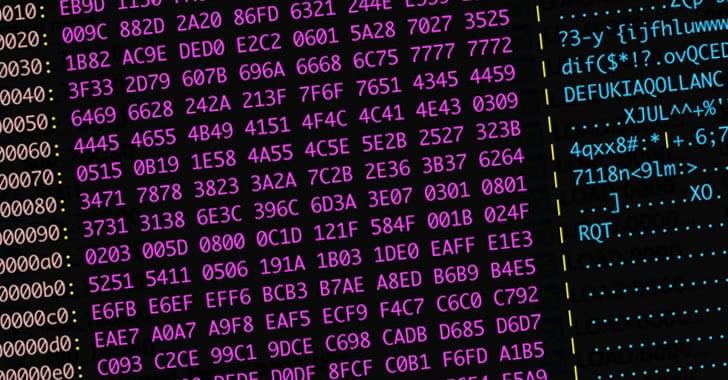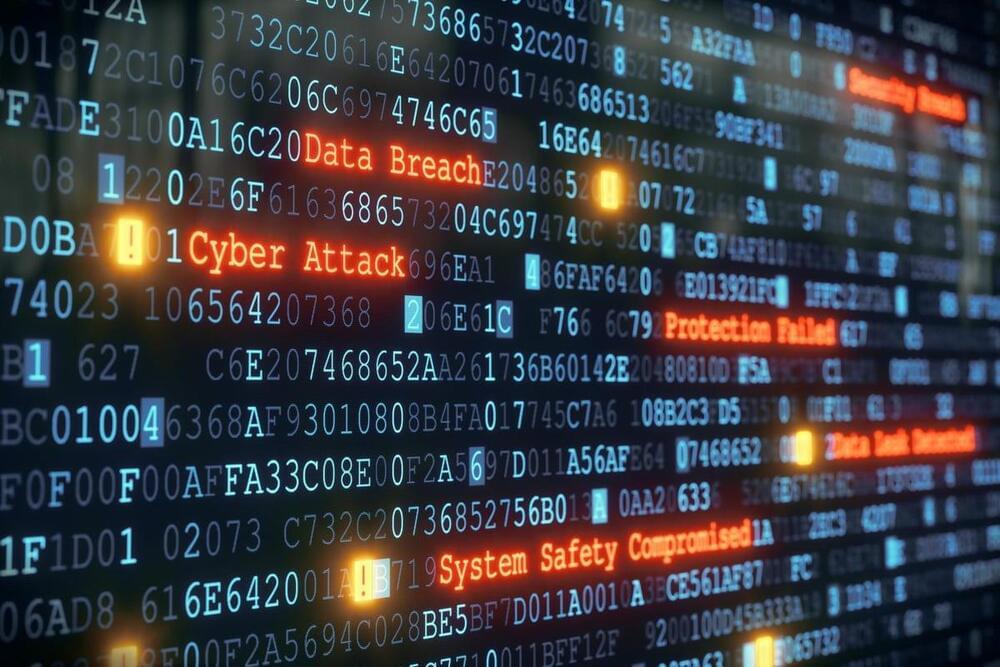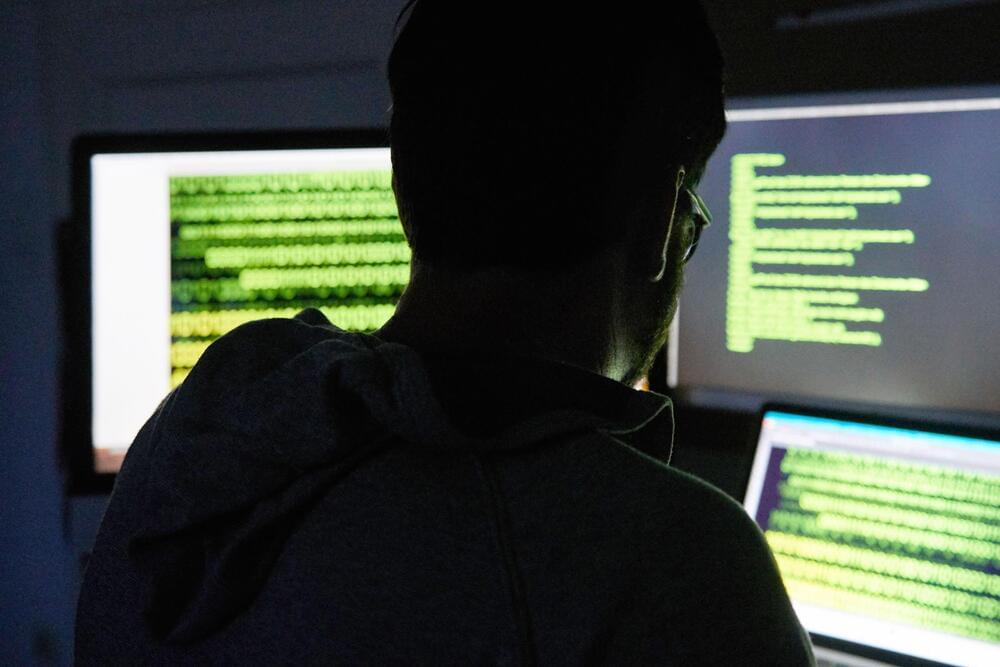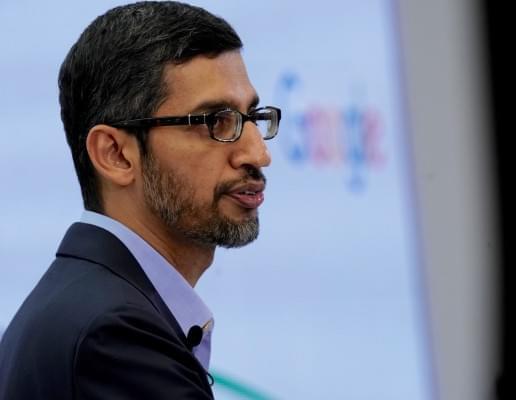In a wide-ranging interview at the WSJ Tech Live conference that touched on topics like the future of remote work, AI innovation, employee activism and even misinformation on YouTube, Alphabet CEO Sundar Pichai also shared his thoughts on the state of tech innovation in the U.S. and the need for new regulations. Specifically, Pichai argued for the creation of a federal privacy standard in the U.S., similar to the GDPR in Europe. He also suggested it was important for the U.S. to stay ahead in areas like AI, quantum computing and cybersecurity, particularly as China’s tech ecosystem further separates itself from Western markets.
In recent months, China has been undergoing a tech crackdown, which has included a number of new regulations designed to combat tech monopolies, limit customer data collection and create new rules around data security, among other things. Although many major U.S. tech companies, Google included, don’t provide their core services in China, some who did are now exiting — like Microsoft, which just this month announced its plan to pull LinkedIn from the Chinese market.
Pichai said this sort of decoupling of Western tech from China may become more common.








